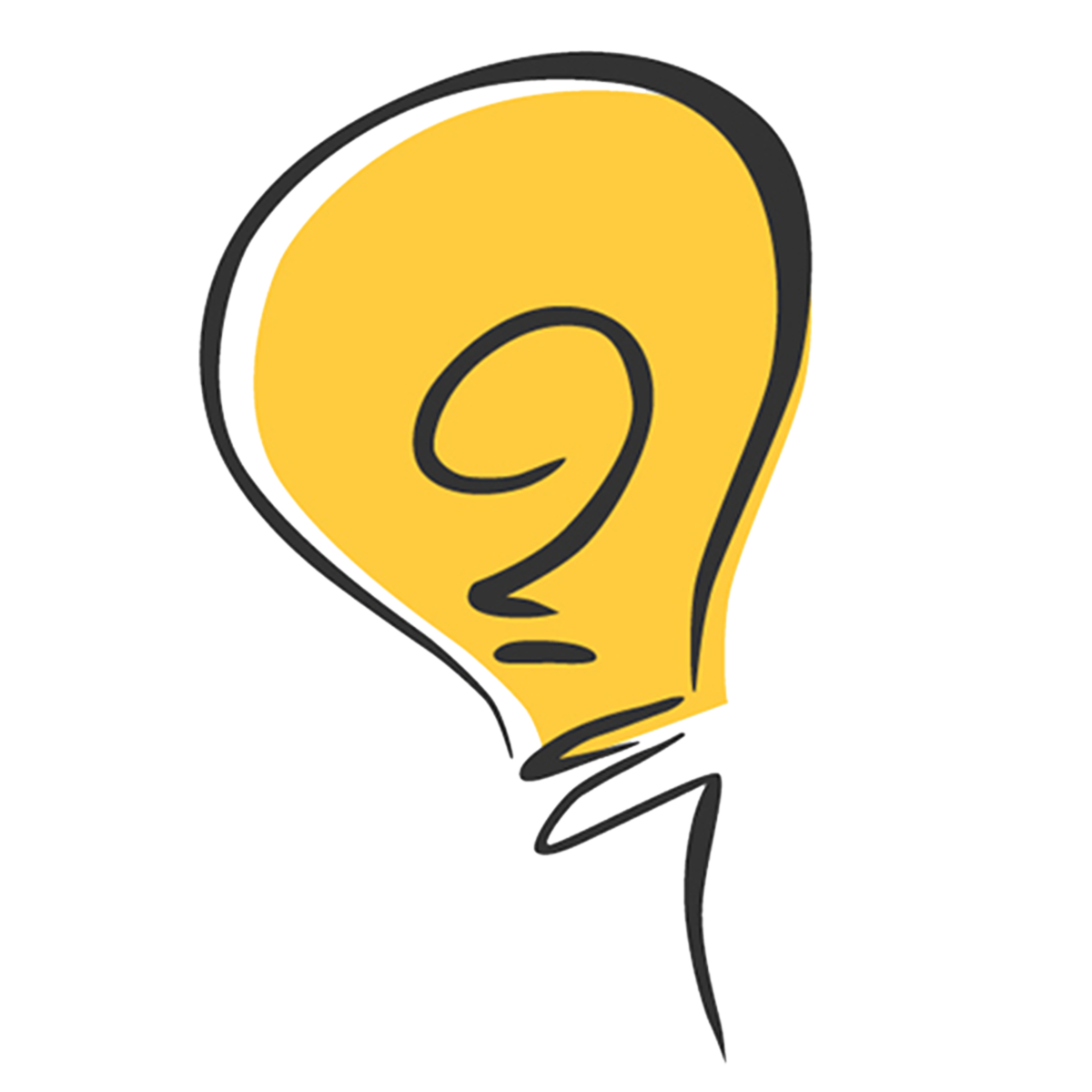Back to Courses









Personal Development Courses - Page 10
Showing results 91-100 of 514

Introduction to Research for Essay Writing
Course 4: Introduction to Research for Essay Writing
This is the last course in the Academic Writing specialization before the capstone project. By the end of this course, you will be able to complete all the steps in planning a research paper.
After completing this course, you will be able to:
- choose appropriate research topics for college classes
- write detailed outlines for research papers
- find source material for research papers
- take and organize good notes for research
- use appropriate academic tone and language
- document sources by creating a Works Cited list in MLA format
- avoid plagiarizing your sources

Foundations of Teaching for Learning: Planning for Teaching and Learning
The Foundations of Teaching for Learning programme is for anyone who is teaching, or who would like to teach, in any subject and any context - be it at school, at home or in the workplace. With dynamic lessons taught by established and respected professionals from across the Commonwealth, this eight course programme will see you develop and strengthen your skills in teaching, professionalism, assessment, and more. As you carry on through the programme, you will find yourself strengthening not only your skills, but your connection with colleagues across the globe. A professional development opportunity not to be missed.
This course will help you consider how to develop appropriate learning goals for individual and groups of students. You will learn how to plan learning activities to engage your students in ways that will achieve these goals.
Enhance your course by joining the Commonwealth teaching community on our website, Facebook and Twitter.

Interviewing, Negotiating a Job Offer, and Career Planning
Prepare yourself for interviewing and landing a job in the DS/AI field. In this course, we will discuss what needs to be done before, during, and after the interview process. We will also provide tips and tricks on how to practice for a major component of data science interviews: the technical interview. Finally, this course will cover best practices for accepting or declining a job offer, salary negotiations, and how to create a career development plan.
By the end of this course, students will be able to:
• Recall what actions need to be done before, during, and after an interview.
• Discuss a technical interview preparation plan.
• Identify job offer acceptance or refusal best practices.
• Create a career development plan.
Applying to U.S. Universities
“It depends.” That is what you’ll hear when asking about the U.S. university admission process. With over 4,000 universities in the United States and no standard application system, the U.S. admission process can be confusing for everyone, but especially for students applying from other countries.
This course will help international students (non-U.S. citizens) and non-native English speakers navigate the U.S. university admission process by offering practical information about the documents and pieces that make up a U.S. university application. More importantly, admission officers will discuss how they use those pieces to decide who is accepted and who is denied, so that you can understand the process beyond the pieces.
By the end of this course, you will understand application basics that include researching schools, creating a school list, and establishing an application plan. This course will not answer all of your application questions, but it will teach you to ask the right questions of yourself and the universities. Ultimately, you will have all the information you need to start your process the right way, putting you on the path to acceptance.
* Please note, while the English Language Programs are part of the University of Pennsylvania, this is not a course about applying to Penn. Furthermore, this course is intended for international students educated in the national curriculum of their country. While other students are welcome to enroll, the course is not intended for American students or students studying in an American, International Baccalaureate, or Advanced Placement curriculum. The course is also intended for students who do not have access to university counseling – if you attend a school that offers university counseling, your counselor is the best source of information on applying to university. Finally, this course is for undergraduate (Bachelors degree) freshmen (students who have not attended any university) applicants. Undergraduate transfer applicants, students who have attended a university, will find some of the information helpful, but graduate (Masters and Doctoral) applicants will not.

Ideas from the History of Graphic Design
This condensed survey course focuses on four key periods or themes from the history of design in the West. Together we’ll trace the emergence of design as a recognized practice, why things look the way they do, and how designers approached specific design problems in their work.
Students will develop an understanding of where the wide variety of today’s design practice comes from. By participating in this survey of the works of innovative groups and individuals, we outline the process by which graphic design moved from a purely instrumental practice, to becoming a demanding creative and hybridized field.
Each week, a short quiz will test your knowledge of concepts, and a short reflective assignment will give you the opportunity to analyze the questions designers ask themselves today.
This is an essential course for emerging designers entering the field, or for students interested in learning more about visual culture and analysis. No previous experience is required.
A note about this course:
This course is taught from the perspective of contemporary design, to connect ideas that helped formulate design practice from the 1850s through the 1960s to the ways that designers think today. The relationship of words and pictures in graphic design is looked at through the ever-changing social and cultural contexts, technologies, aesthetics, and politics of their eras.
The definition and practice of graphic design includes all public visual communications, which is a global practice. It was the evolution of mass production and communication in the West that specifically redefined graphic design as a professional practice and is this course’s particular narrative. We hope students will consider how to connect the themes and ideas offered in this course to your own culture.

Career Decisions: From Insight to Impact
I am an adult developmental psychologist by training and a career counselor by trade, currently the Director of the Gordon Career Center at Wesleyan University in Connecticut. In this course, I draw from my decades of experience as well as research from the fields of psychology, organizational behavior, and sociology to help you understand best practices for making career decisions. This content will help you develop the tools you need to make the right choices for you, from deciding an area of study to exploring potential lines of work to pursue—and knowing when to pivot at any time in your career.

Low Intermediate English: Meet & Greet
In this course, you will develop your English conversational skills that you can use to build your personal and professional relationships. Learning activities in this course will take place on Voxy, an engaging language learning platform that automatically adapts to your current level and your performance across reading, listening, speaking, grammar, and vocabulary skills so that every lesson is optimized for rapid improvement.
Each week is made up of engaging, short, task-based lessons that can be done anywhere, anytime. Lessons include content from the real world, so you will learn from dozens of real conversations about a variety of common topics that come up when getting to know someone, like family, where you’re from, and hobbies and interests. By the end of this course, you will feel confident starting or joining just about any conversation!

Set the Right Strategy with BCG Matrix
In this 1-hour long project-based course, you will be able to formulate your corporate strategy with the Boston Consulting Group (BCG) Matrix. BCG matrix is a strategic decision-making framework that helps in resource allocation among different strategic business units (SBUs) by categorizing them based on their ability to generate cash inflows against cash outflows. The matrix classifies business portfolio into four categories based on industry attractiveness (growth rate of that industry), and competitive position (relative market share). The growth vs share model provides an indication of which products an organization should invest in, those they should develop, and the ones they should get rid of. The framework is a simple but powerful tool for maximizing corporate competitiveness, and sustainability by allowing them to strike the right balance between exploitation and exploration.
To demonstrate the application of the BCG matrix, we will use a spreadsheet to analyze an energy services company that has five Strategic Business Units (SBUs). The example of the case study would empower you to use the model to analyze your company or any other company of your choice. The project is for business leaders who want formulate their corporate strategy with the goal of effective resource allocation. Also, for strategist who are interested in helping organization in making informed strategic decisions. At the end of the project, you will be able to use the BCG Matrix for long-term corporate strategic planning, and make effective investment decisions with your resources

Ready, Set, Future! Introduction to Futures Thinking
Do you want to think about the future with more creativity and optimism? Do you want to see what’s coming faster, so you can be better prepared for disruptions and more in control of your future? Do you want to get better at changing what’s possible today – in your company, your industry, your community, and in your own life?
This course will introduce you to the practice of futures thinking, as developed and applied for the past 50 years by the Institute for the Future, a Silicon-Valley-based research and learning group founded in 1968. In this course, you’ll build your understanding of what futures thinking is and what you can do with it. You’ll master essential foresight techniques. You’ll meet some professional futurists. And you’ll choose one or more future topics you want to investigate with your new foresight skills.
This course is for anyone who wants to spot opportunities for innovation and invention faster. You can gain the skills and confidence to help YOU become someone who makes the future, instead of letting the future happen to you.
Many thanks to the Enlight Foundation and the Enlight Collaborative, which provided a grant to support the creation of this course.

Low Intermediate English: Planning & Organization
In this course, you will learn important language for planning your life, including your social life, your travels, and your work. Learning activities in this course will take place on Voxy, an engaging language learning platform that automatically adapts to your current level and your performance across reading, listening, speaking, grammar, and vocabulary skills so that every lesson is optimized for rapid improvement.
Each week is made up of engaging, short, task-based lessons that can be done anywhere, anytime. Lessons include content from the real world, so you will learn from real conversations, emails, and text messages between friends and colleagues as they make plans, schedule meetings, or organize their day. By the end of the course, you will be ready to start organizing your life!
Popular Internships and Jobs by Categories
Find Jobs & Internships
Browse
© 2024 BoostGrad | All rights reserved